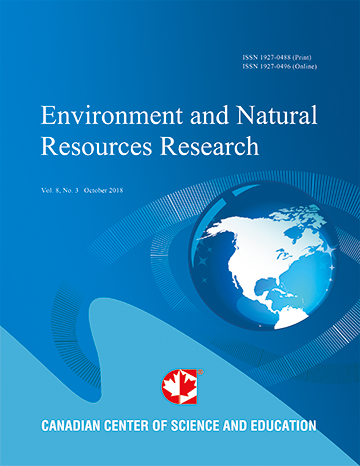Spatial Pattern and Habitat Requirements of Galaxias maculatus in the Last Un-Interrupted Large River of Patagonia: A Baseline for Management
- Marina Tagliaferro
- Analía Quiroga
- Miguel Pascual
Abstract
The relationship between the native Galaxias maculates and environmental variables was studied in 52 sites located along 306 km of the main stemof the Santa Cruz River, the second largest river in Argentinean Patagonia. The abundance varied along the river, with three general sections clearly defined: upstream with minimum abundance increasing towards midstream and downstream areas. Distance to the sea and river wet width which were negatively significantly associated with abundance,and maximum depth explained the abundance in a polynomial shape – achieving a total explanation of 41.1%. The best predictive model also combined the river sinuosity.Our results suggested that the construction of two proposed hydroelectric dams will modify these variables, which might generate changes in G. maculates distribution. The information obtainedduring the present study represents valuable information for conservation management of this species.
- Full Text:
 PDF
PDF
- DOI:10.5539/enrr.v4n1p54
Journal Metrics
Google-based Impact Factor (2016): 6.22
h-index (November 2017): 12
i10-index (November 2017): 19
h5-index (November 2017): 11
h5-median (November 2017): 12
Index
Contact
- Emily LinEditorial Assistant
- enrr@ccsenet.org
